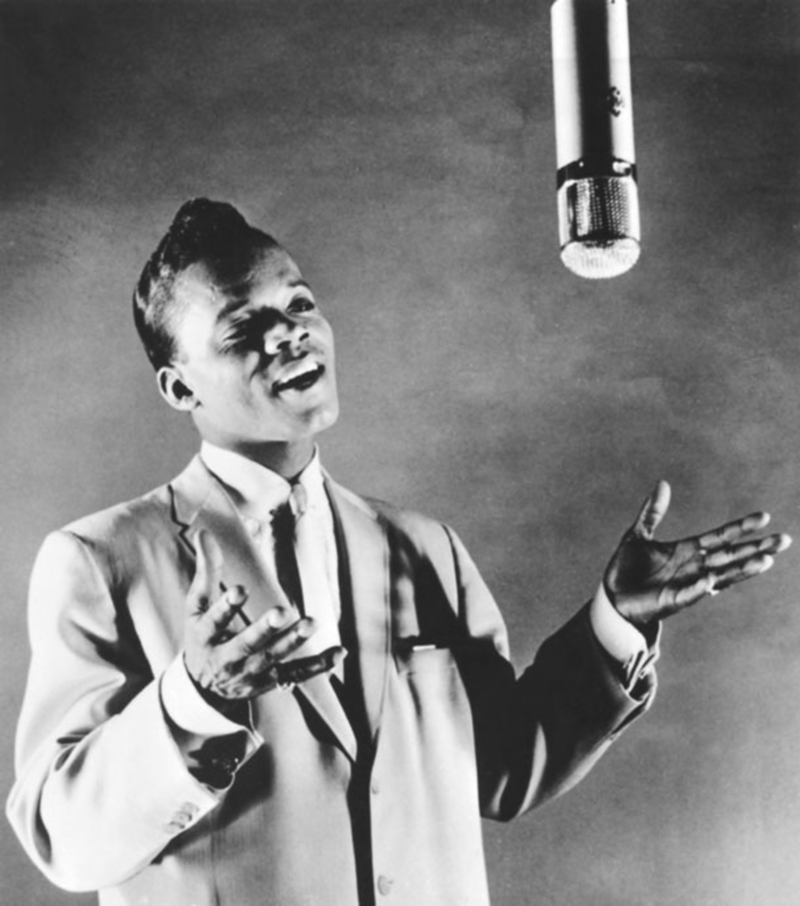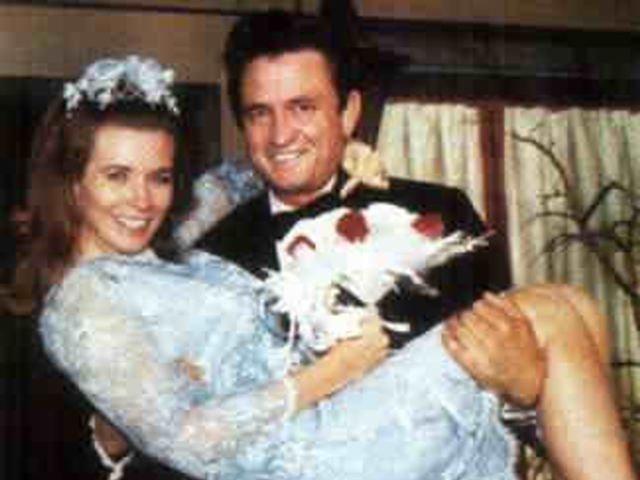On this day in 2003, proto-Rock & Roll singer/songwriter Hank Ballard died after a battle with throat cancer. One of the under-heralded heroes of the development of Rock & Roll, Ballard's career is inexorably tied to Cincinnati, where he recorded for locally-based King Records (as well as the related Federal imprint). Ballard was a member of early ’50s Doo-wop grope The Royals, which had an R&B hit with the Federal single "Get It" in 1953 (despite it's alleged "sexually-suggestive" lyrical content).
The group became The Midnighters and landed a No. 1 R&B hit with Ballard's "Work With Me, Annie," another risque tune that was banned by the FCC from radio play. In 1959, the group became "Hank Ballard and the Midnighters" and moved to the King label proper. A 1959 B-side written by Ballard was covered by Chubby Checker and became a No. 1 smash on the Pop charts in 1960 and again in 1962. The song and accompanying dance (said to have also been developed by Ballard) became an international craze. The book Behind The Hits: Inside Stories of Classic Pop and Rock and Roll called the song's success "a major turning point for adult acceptance of rock and roll music."
Despite having one of their songs co-opted and turned into a cultural phenomenon, the early ’60s did bring Ballard and the Midnighters several Pop chart hits, including "Let's Go, Let's Go, Let's Go" and the Grammy-nominated "Finger Poppin' Time." Ballard began a solo career in the late ’60s (despite support from James Brown, it never fully took off) and performed with a version of The Midnighters off and on until the year before he died. In 1990, Ballard was inducted into the Rock and Roll Hall of Fame (without his Midnighters).
The footage is a little rough, but here's a cool clip of Ballard from 1989 performing "Work With Me, Annie" on one of my favorite live-music TV shows ever, David Sanborn's Night Music.
Click on for Born This Day, featuring Lou Reed, Chris Martin and … Dr. Seuss?
—-Born This Day: Musical movers and shakers sharing a March 2 birthday include Rock & Roll legend, a Punk forefather and Metallica collaborator Lou Reed (1942); late Pop singer/songwriter/drummer Karen Carpenter (1950); Hair Metal superstar, aspiring Country singer, actor and pro sports team owner Jon Bon Jovi (1962); Coldplay frontman Chris Martin (1977); and Theodor Seuss Geisel, better known as genius children's book author Dr. Suess (1904).
Geisel's wildly imaginative illustrations and stories are part of the fabric of American life, something very few kids are not exposed to at some point in their young lives. From the books to TV, Broadway and movies, Dr. Seuss remains as popular as ever. The latest Seuss film adaptation — of The Lorax — opens in theaters today and is a favorite to be the top-grossing movie of the week. (Johnny Depp is also reportedly involved in a possible film based on Geisel's life.)
Like anything with such a huge cultural impact, Geisel's influence has also crossed over into the music realm. Along with songs created for TV specials and films (like "You're a Mean One, Mr. Grinch," for example), as well as the many featured in the 2000 musical Seussical, the author has inspired popular musicians from John Fogerty (the line about a passing parade in CCR's "Lookin' Out My Back Door" was said to have been inspired by And to Think That I Saw It on Mulberry Street) to Taylor Swift, who recently said Seuss' sing-song-y rhymes had a big impact on her wanting to write songs (she's a voice-star in the new Lorax flick).
Geisel also wrote the screenplay for the film musical The 5000 Fingers of Dr. T, a critical and commercial flop when released in 1953 (people reportedly walked out of the premiere and Geisel called the final product a "debaculous fiasco"). The live action film has aged well, though, and enjoys a big cult following to this day.
Seuss' fantastical wordplay no doubt has had a big influence on rappers, as well — Run-DMC even name-dropped the author on their classic "Peter Piper." (Houston Press last year gave this countdown of the most Seussian rappers ever — even though they forgot about The Pharcyde.)
Like most of us, you've probably often wondered, "Who would win in a freestyle Rap battle between Dr. Seuss and William Shakespeare?" Wonder no more:






